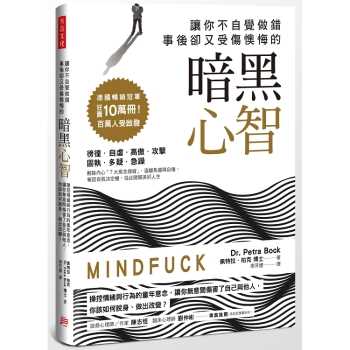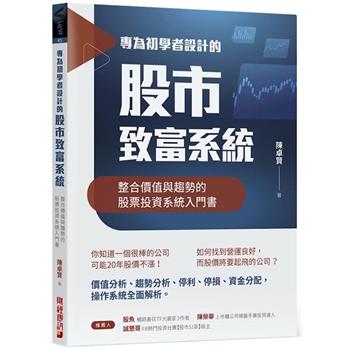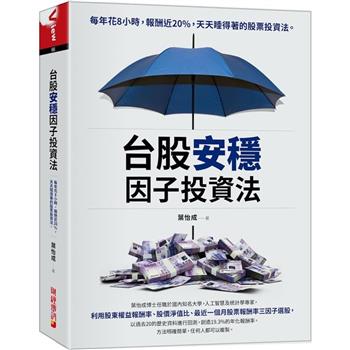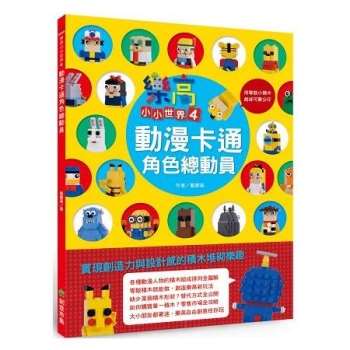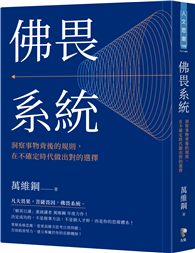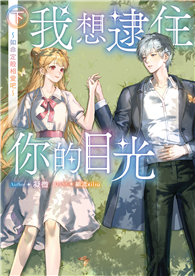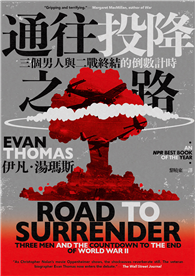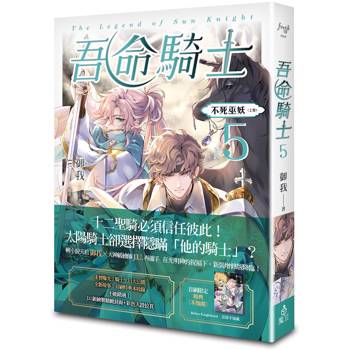"The Sino-Japanese Negotiations of 1915" offers a detailed examination of a pivotal moment in East Asian history. This volume, compiled by the Carnegie Endowment for International Peace, presents key Japanese and Chinese documents related to the negotiations, along with an official statement from the Chinese government. The negotiations centered on the Twenty-One Demands presented by Japan to China, which sought to extend Japanese control over Chinese territory and affairs.
This book provides invaluable primary source material for scholars and anyone interested in understanding the complex dynamics of Sino-Japanese relations in the early 20th century. It illuminates the political, economic, and strategic considerations that shaped the interactions between these two major powers, revealing the tensions and compromises that defined their relationship. The documents shed light on the internal decision-making processes within both governments and offer insight into the perspectives of key individuals involved. The publication remains an essential resource for researchers and students seeking to comprehend the historical roots of contemporary geopolitical issues in East Asia.
This work has been selected by scholars as being culturally important, and is part of the knowledge base of civilization as we know it. This work was reproduced from the original artifact, and remains as true to the original work as possible. Therefore, you will see the original copyright references, library stamps (as most of these works have been housed in our most important libraries around the world), and other notations in the work.
This work is in the public domain in the United States of America, and possibly other nations. Within the United States, you may freely copy and distribute this work, as no entity (individual or corporate) has a copyright on the body of the work.
As a reproduction of a historical artifact, this work may contain missing or blurred pages, poor pictures, errant marks, etc. Scholars believe, and we concur, that this work is important enough to be preserved, reproduced, and made generally available to the public. We appreciate your support of the preservation process, and thank you for being an important part of keeping this knowledge alive and relevant.

